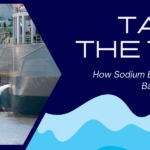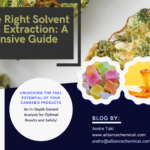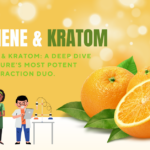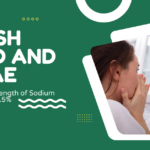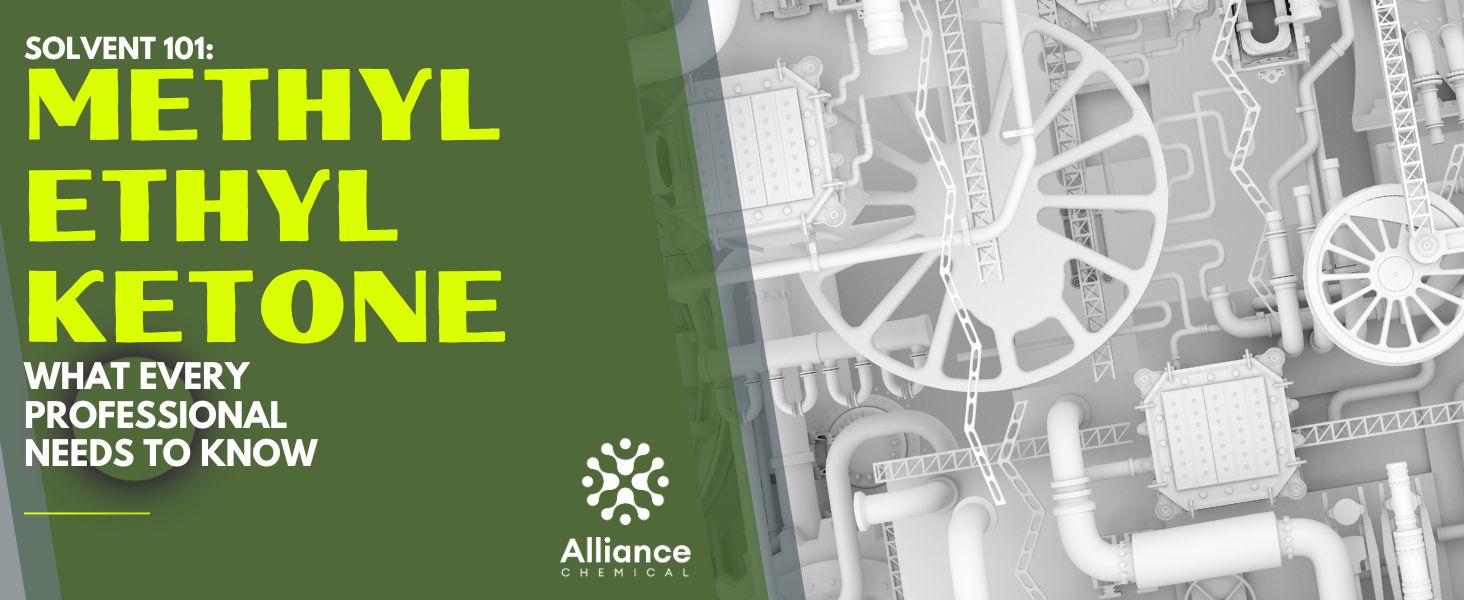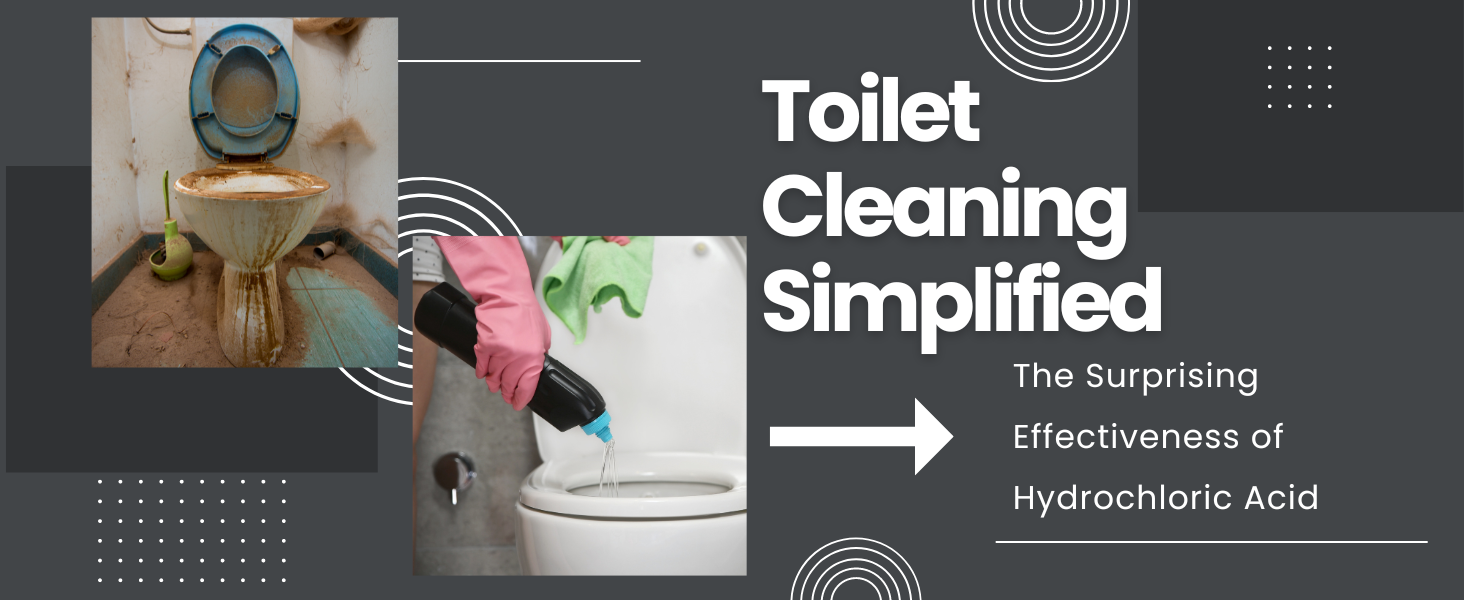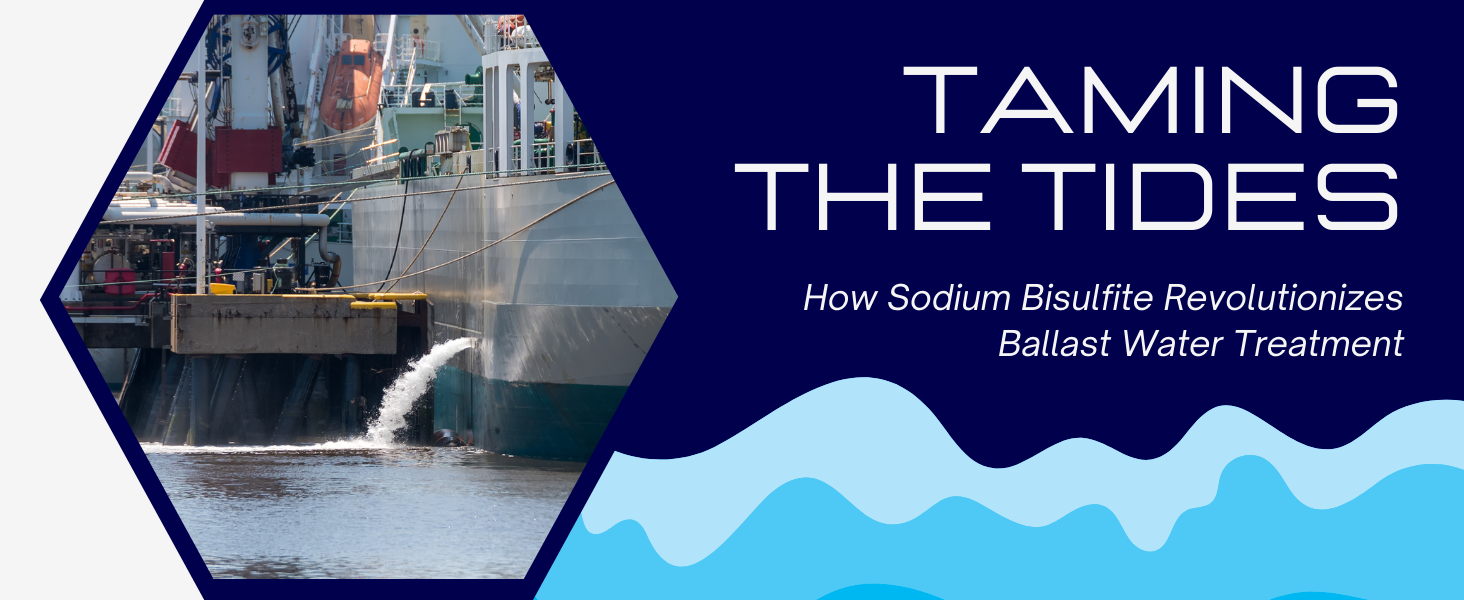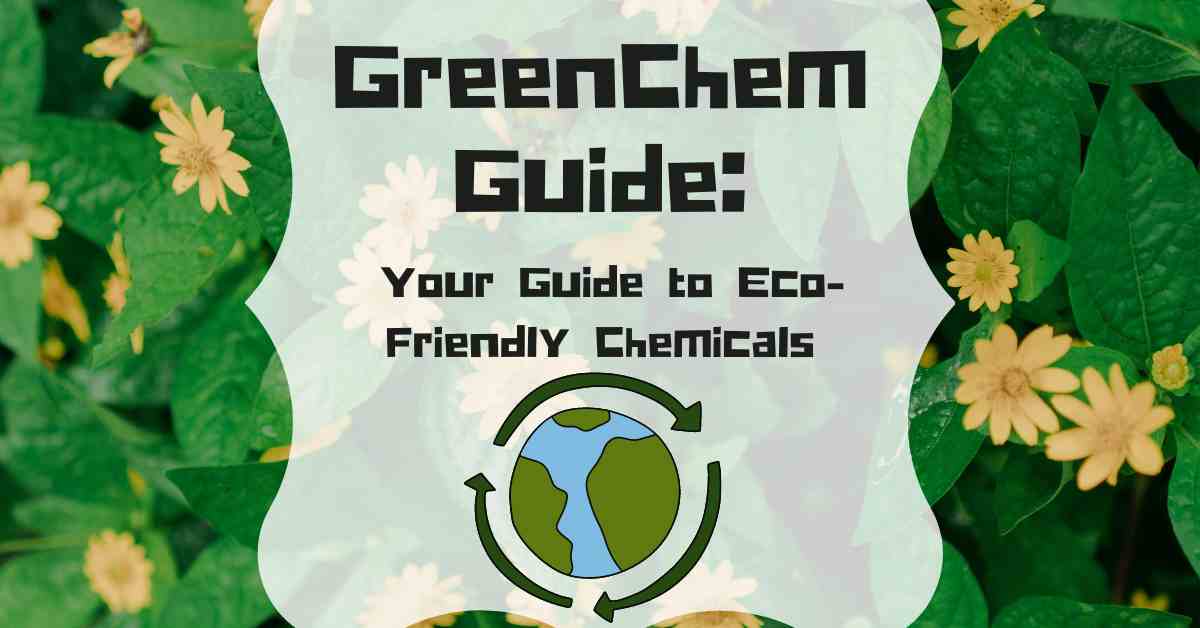
GreenChemGuide: Your Guide to Eco-Friendly Chemicals
In a world where the sustainability of our practices is becoming increasingly scrutinized, the significance of eco-friendly chemicals cannot be overstated. At Alliance Chemical, we specialize in providing these solutions, playing a part in driving the movement towards a greener future.
What Are Eco-Friendly Chemicals?
Eco-friendly chemicals are those that pose minimal harm to the environment. Whether through their manufacturing process, their use, or their disposal, these chemicals present fewer hazards than their conventional counterparts. They are often biodegradable, further reducing their environmental footprint. At Alliance Chemical, we offer a broad range of such chemicals, championing a more sustainable approach to chemistry.
Potassium Bicarbonate FCC USP Grade
For instance, our Potassium Bicarbonate FCC USP Grade embodies the essence of eco-friendly chemistry. Not only is it safe for human consumption, making it ideal for dietary supplements and culinary applications, but it’s also great for home brewing and winemaking where it’s used for controlling pH levels.
-
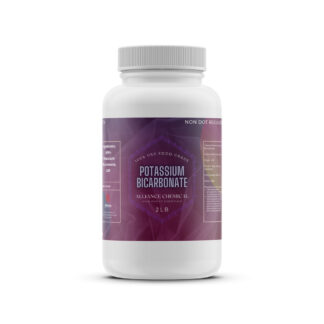 Potassium Bicarbonate – FCC USP Grade$21.50 – $8,396.80
Potassium Bicarbonate – FCC USP Grade$21.50 – $8,396.80
Eco-Friendly Chemicals and Their Industry Roles
A multitude of industries now recognize the benefits of integrating eco-friendly chemicals into their operations, harnessing their capabilities while minimizing environmental impact.
Garden and Household Uses
Our eco-friendly 50% Vinegar and 30% Vinegar are powerful tools for gardeners and homeowners alike. Beyond their traditional uses in the kitchen, these natural products are incredibly versatile for household cleaning and garden maintenance. The potent acidity of our vinegar can tackle tough cleaning tasks without the need for harsh, synthetic chemicals. Moreover, it can serve as an effective and eco-friendly weed killer, contributing to a safer, more sustainable home and garden care approach.
-
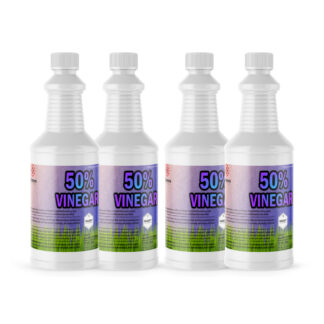 50% Vinegar – Concentrated Industrial Strength$23.00 – $3,600.00
50% Vinegar – Concentrated Industrial Strength$23.00 – $3,600.00 -
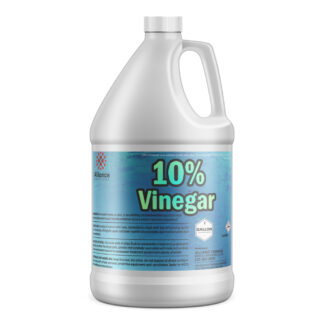 10% Vinegar – Concentrated Industrial Strength$20.00 – $2,800.00
10% Vinegar – Concentrated Industrial Strength$20.00 – $2,800.00 -
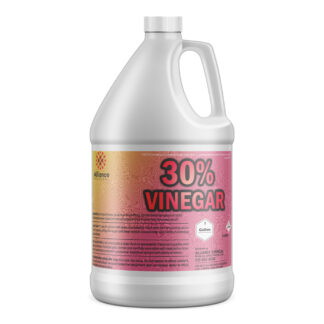 30% Vinegar – Concentrated Industrial Strength$23.00 – $3,200.00
30% Vinegar – Concentrated Industrial Strength$23.00 – $3,200.00
Agriculture and Farming
The agricultural sector benefits immensely from eco-friendly chemicals. These chemicals provide a way to harmonize effective farming practices with environmental sustainability. Our Calcium Chloride, for instance, is an invaluable soil amendment, used to control dust and erosion. Our Sodium Thiosulfate is widely employed in wastewater treatment and as an oxygen scavenger in oil recovery, contributing to the sustainability of these industries.
-
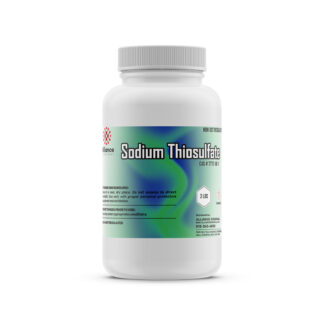 Sodium Thiosulfate$29.00 – $4,075.52
Sodium Thiosulfate$29.00 – $4,075.52 -
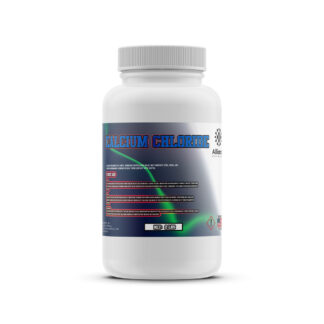 Calcium Chloride$24.00 – $2,816.00
Calcium Chloride$24.00 – $2,816.00
The Eco-Friendly Edge: Benefits of Green Chemicals
Incorporating eco-friendly chemicals into a wide array of industries has benefits far beyond the immediate application. By reducing harmful emissions and resource consumption, these chemicals contribute significantly to a broader goal of environmental sustainability.
Ethylene Glycol: An Eco-Friendly Antifreeze
Take our Ethylene Glycol 50/50 and Ethylene Glycol 60/40, for instance. These products serve as effective, eco-friendly antifreeze solutions, designed to offer maximum engine protection without the significant environmental costs often associated with conventional antifreeze.
-
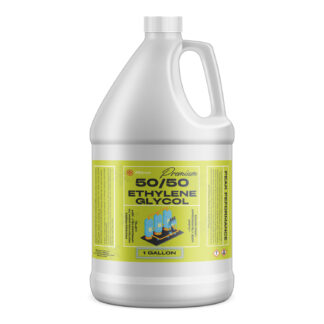 Ethylene Glycol 50/50$20.00 – $3,200.00
Ethylene Glycol 50/50$20.00 – $3,200.00 -
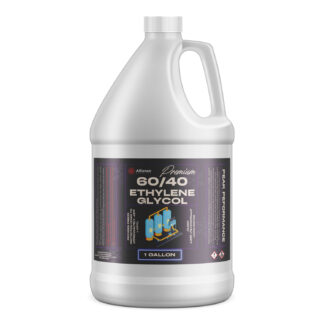 Ethylene Glycol 60/40$20.00 – $3,105.00
Ethylene Glycol 60/40$20.00 – $3,105.00
Phosphoric Acid: A Versatile Eco-Friendly Chemical
Another example is our Phosphoric Acid 85% ACS Grade. This versatile eco-friendly chemical has various uses such as rust inhibition, cleaning, and pH adjustment. It’s an essential tool for industries from food processing to metal finishing, all the while minimizing environmental harm.
-
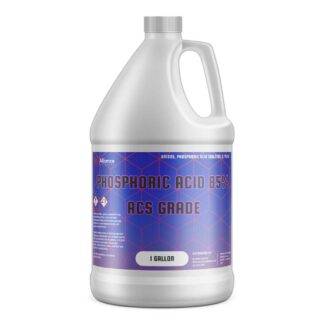 Phosphoric Acid 85% ACS Grade$31.00 – $6,480.00
Phosphoric Acid 85% ACS Grade$31.00 – $6,480.00 -
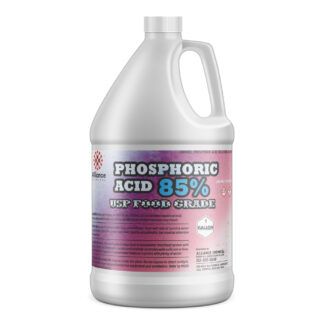 Phosphoric Acid 85% USP Food Grade$25.00 – $6,615.00
Phosphoric Acid 85% USP Food Grade$25.00 – $6,615.00 -
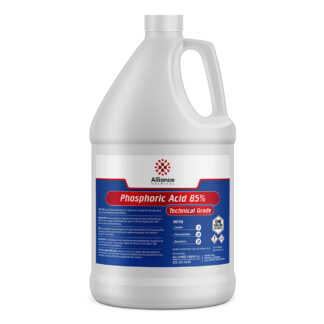 Phosphoric Acid 85% – Technical Grade$29.00 – $6,075.00
Phosphoric Acid 85% – Technical Grade$29.00 – $6,075.00
Green Chemistry: The Pathway to a Sustainable Future
Green chemistry, also known as sustainable chemistry, is the focus of much current research and industry development. It champions the design and application of chemical products and processes that reduce or eliminate the use and generation of substances harmful to the environment.
Denatured Alcohol: A Green Solvent
Our range includes several examples of green chemistry in action. One is our Denatured Alcohol 200 Proof 3A. As a green solvent, it finds uses in various applications, from inks, paints, and coatings to cleaning products. By offering a more environmentally-friendly alternative to traditional, harsh chemical solvents, we help to further the principles of green chemistry.
-
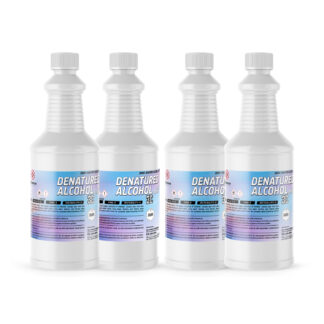 Denatured Alcohol 190 Proof 3C$24.00 – $5,130.00
Denatured Alcohol 190 Proof 3C$24.00 – $5,130.00 -
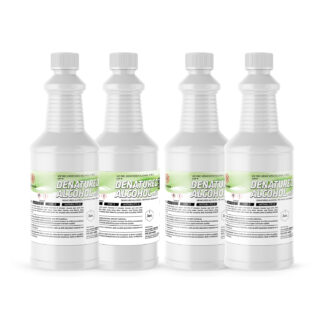 Denatured Alcohol 190 Proof 3A$26.00 – $4,671.00
Denatured Alcohol 190 Proof 3A$26.00 – $4,671.00 -
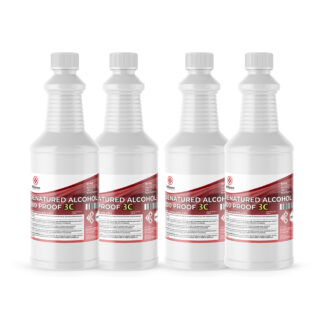 Denatured Alcohol 200 Proof 3C$25.00 – $4,995.00
Denatured Alcohol 200 Proof 3C$25.00 – $4,995.00 -
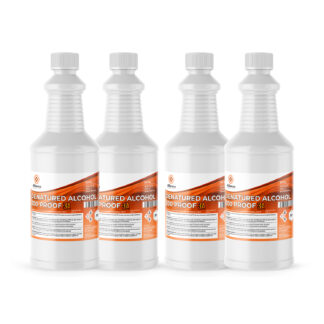 Denatured Alcohol 200 Proof 3A$26.50 – $4,725.00
Denatured Alcohol 200 Proof 3A$26.50 – $4,725.00
A Future Fueled by Green Chemistry
In our world, where the pressure is mounting to find sustainable solutions to our everyday needs, green chemistry presents a promising way forward. By harnessing the power of eco-friendly chemicals, we can contribute to building a future where our needs and the environment’s well-being are not at odds but are complementary.
Eco-Friendly Acetone: A Cleaner Solution
An example of this commitment is our Acetone ACS, which serves as a greener choice for a variety of applications. Acetone is a strong and fast-evaporating solvent used in many industries. It can be used to clean tools and equipment, as well as to dissolve two-part epoxies and glues before they harden. As an eco-friendly option, it reduces harm to the environment while fulfilling its function efficiently.
-
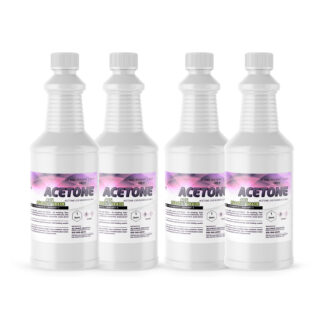 Acetone ACS Grade$36.00 – $4,500.00
Acetone ACS Grade$36.00 – $4,500.00 -
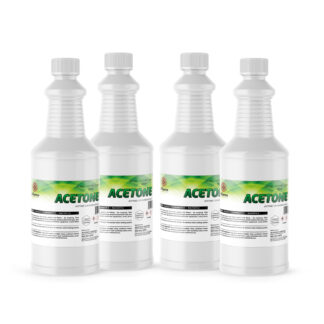 Acetone Technical Grade$30.00 – $3,900.00
Acetone Technical Grade$30.00 – $3,900.00
Sodium Hydroxide Flakes: An Eco-Friendly Staple
Another staple in our eco-friendly line is Sodium Hydroxide Flakes. Sodium Hydroxide, also known as lye or caustic soda, is a widely used industrial chemical. It finds numerous applications from soap-making to biodiesel production, food processing, and water treatment. Our Sodium Hydroxide Flakes offer an eco-friendly option for these varied applications, reducing environmental harm and supporting sustainable industry practices.
-
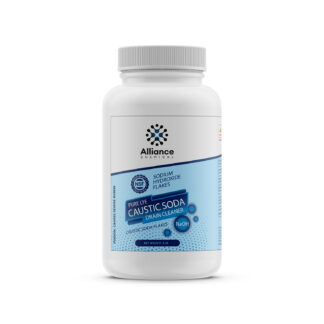 Sodium Hydroxide Flakes$28.50 – $3,840.00
Sodium Hydroxide Flakes$28.50 – $3,840.00
Conclusion
At Alliance Chemical, we firmly believe in the potential of a greener future. That’s why we strive to offer eco-friendly alternatives for a wide array of applications across various industries. As more and more businesses gravitate towards sustainable practices, we’re here to meet their needs with our extensive selection of eco-friendly chemical products.
As we journey towards this sustainable future, every decision to choose an eco-friendly alternative counts. From Potassium Bicarbonate to Ethylene Glycol, from Vinegar to Denatured Alcohol, our products offer the chance to make that choice. Let’s build a more sustainable world, one eco-friendly chemical at a time.




